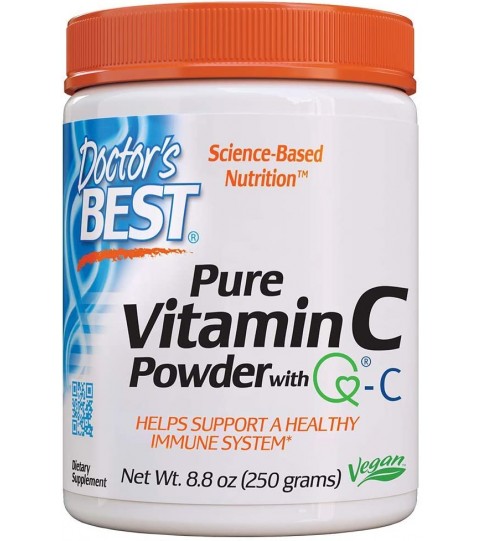Vitamin c is a key compound in the body's "antioxidant network," a chain of synergistic, inextricability linked,
well-studied antioxidants that includes glutathione (GSH) and vitamin e. When vitamin e uses its antioxidant
function in neutralizing free radicals, it also loses this antioxidant function. Vitamin c can change this status;
it can regenerate vitamin e back to its native form, and is thought to "spare" glutathione in the body as
well. Importantly, when ascorbate donates an electron and becomes itself oxidized, or "consumed,"
the ascorbate radical is relatively harmless. In a double-blind, placebo-controlled study in which
blood GSH was measured in healthy subjects at several stages, 500 mg of vitamin c taken
daily for 2 weeks significantly raised erythrocyte (red blood cell) glutathione levels.
The researchers concluded that vitamin c supplementation at that level
can benefit the overall antioxidant capacity of the blood.


